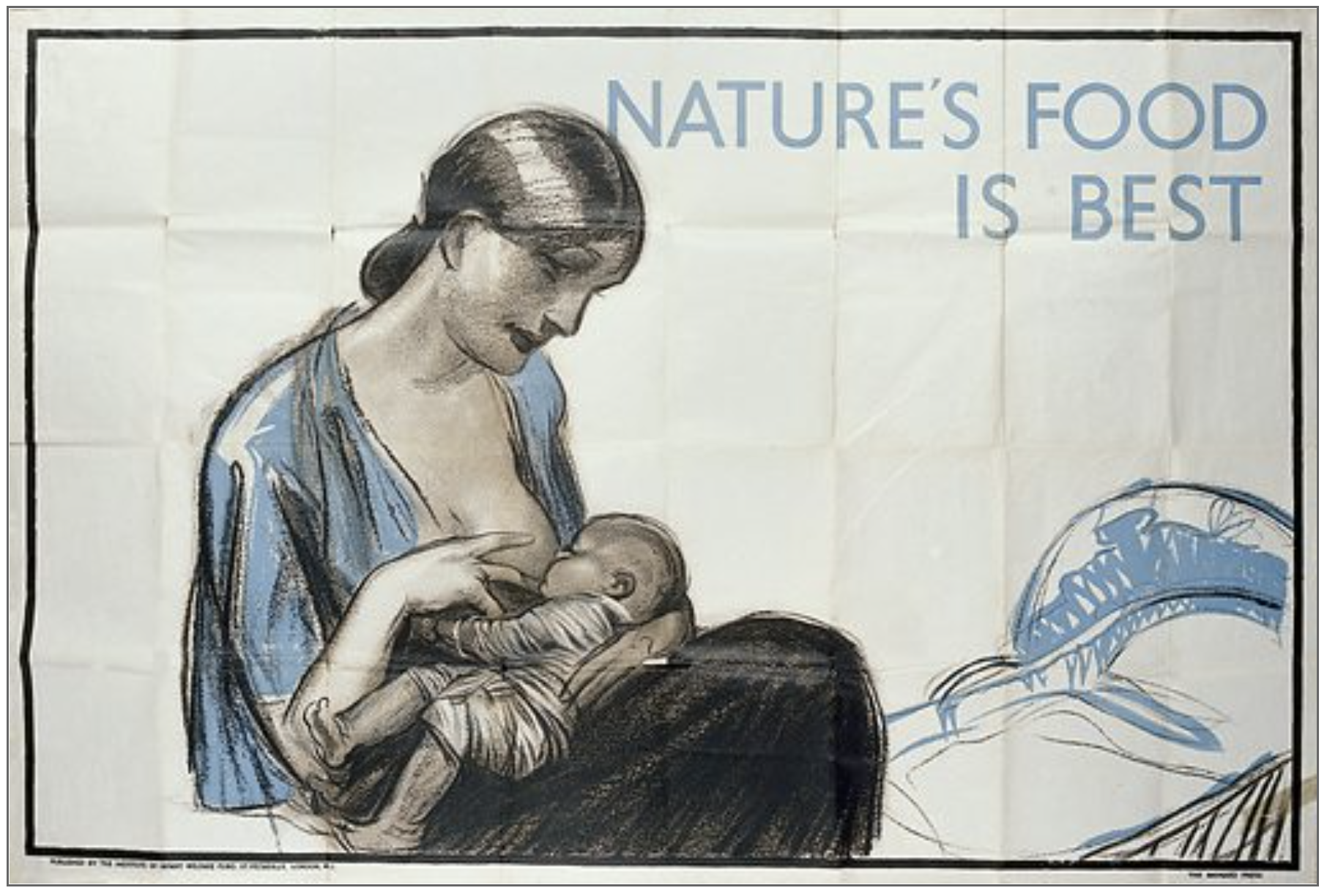“TRY BREASTFEEEDING! It’s free and available on demand.” – Bette Midler
By Dr. Rebekah Diamond, assistant professor of pediatrics at Columbia University
NBC NEWS – The infant formula shortage is an ongoing nightmare for American families with young babies as parents find themselves without the basic food and fluids to keep their infants alive and healthy.
As a pediatrician and mother, it’s horrifying to see that, rather than unifying the country in a concerted effort to address this emergency, the shortage is being used by many people to further the stigma against infant formula — and the shaming of parents who use it and the babies who need it.
I’m here to set the record straight. The popular conception that parents can simply rely on breastmilk — and that breastfeeding is the only way mothers should be feeding their babies in the first place — is misguided and dangerous.
Many, if not most, infants will need at least some amount of formula supplementation to reach their optimal health, and even to reach a parent’s breastfeeding goals.
Even as a pediatrician, a part of me had been convinced that formula was the enemy. As a result, these pressures worsened my own postpartum depression and anxiety.
In some instances, maternal or infant biology means that providing an infant exclusively with breastmilk from the first days of life isn’t an option for mom or baby.
Not all parents are biological parents, and even some biological mothers are unable to safely provide breast milk — a variety of infections, medications and genetic conditions can take breastfeeding off the table entirely.
Even more common is low milk supply.
Potential obstacles to being physiologically able to produce enough milk to nourish an infant include having had a C-section, infertility issues and dozens of maternal health conditions (like thyroid disease, postpartum bleeding, polycystic ovarian syndrome — the list goes on) …



